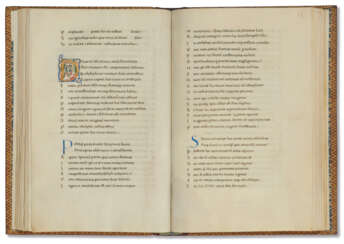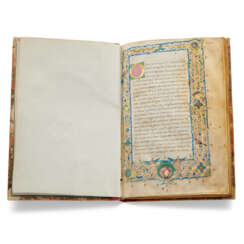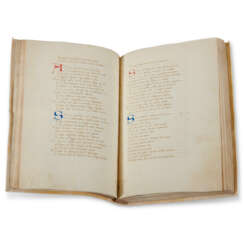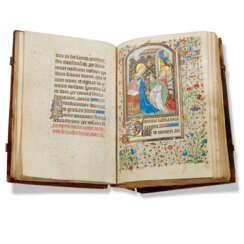
Valuable Books and Manuscripts
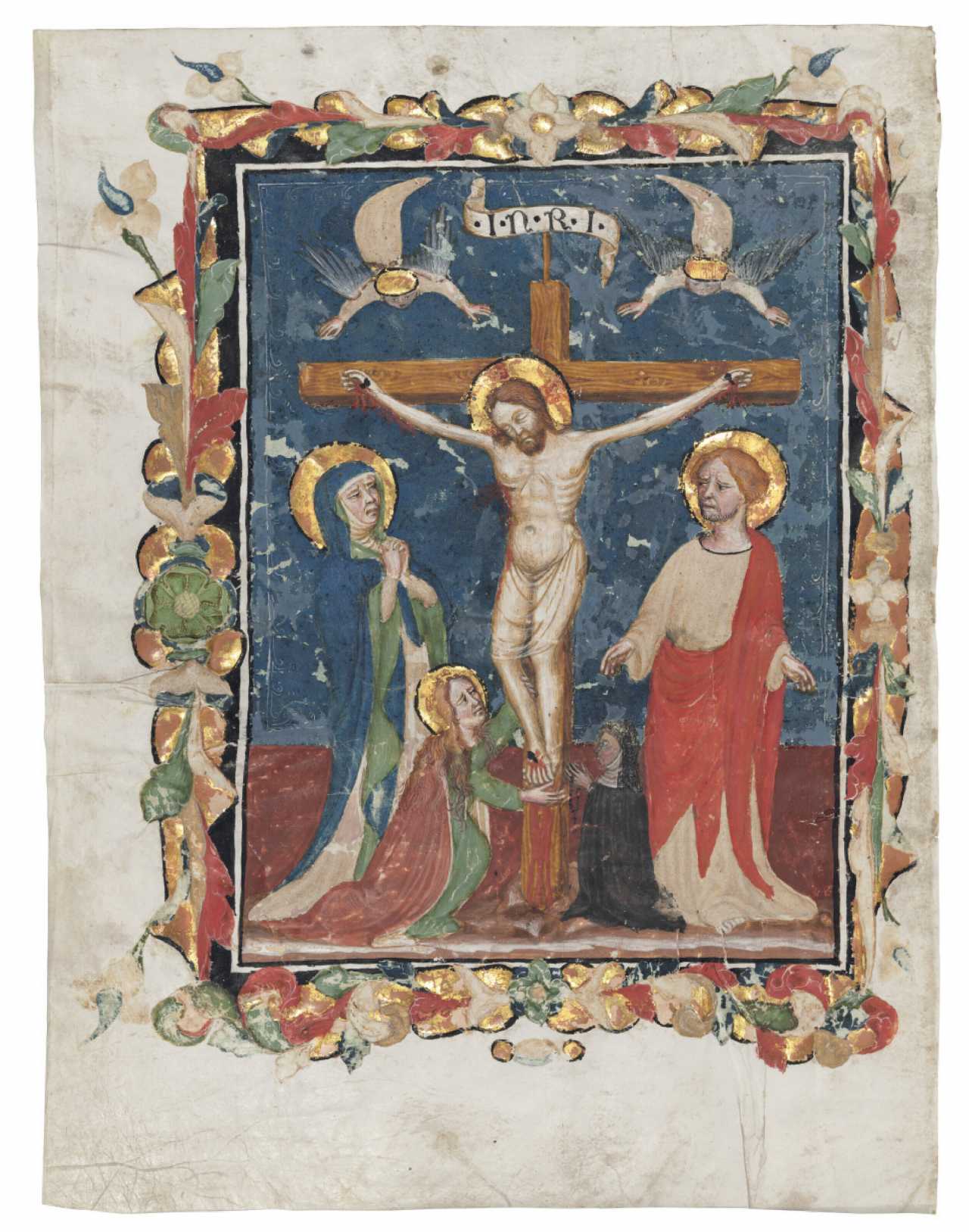
Jacopo di Paolo was an Italian painter and illuminator who worked in Bologna during the fourth and fifth centuries.
Jacopo was a very versatile artist, working in several of the city's famous decorative studios and collaborating with sculptors to create drawings for sculptures. He was also involved at various levels in the political and cultural life of the city. Jacopo was enrolled in the Guild of Artists and Jewelers and held many public positions in Bologna. Jacopo's influence in Bologna lasted for half a century and his three sons also became artists.
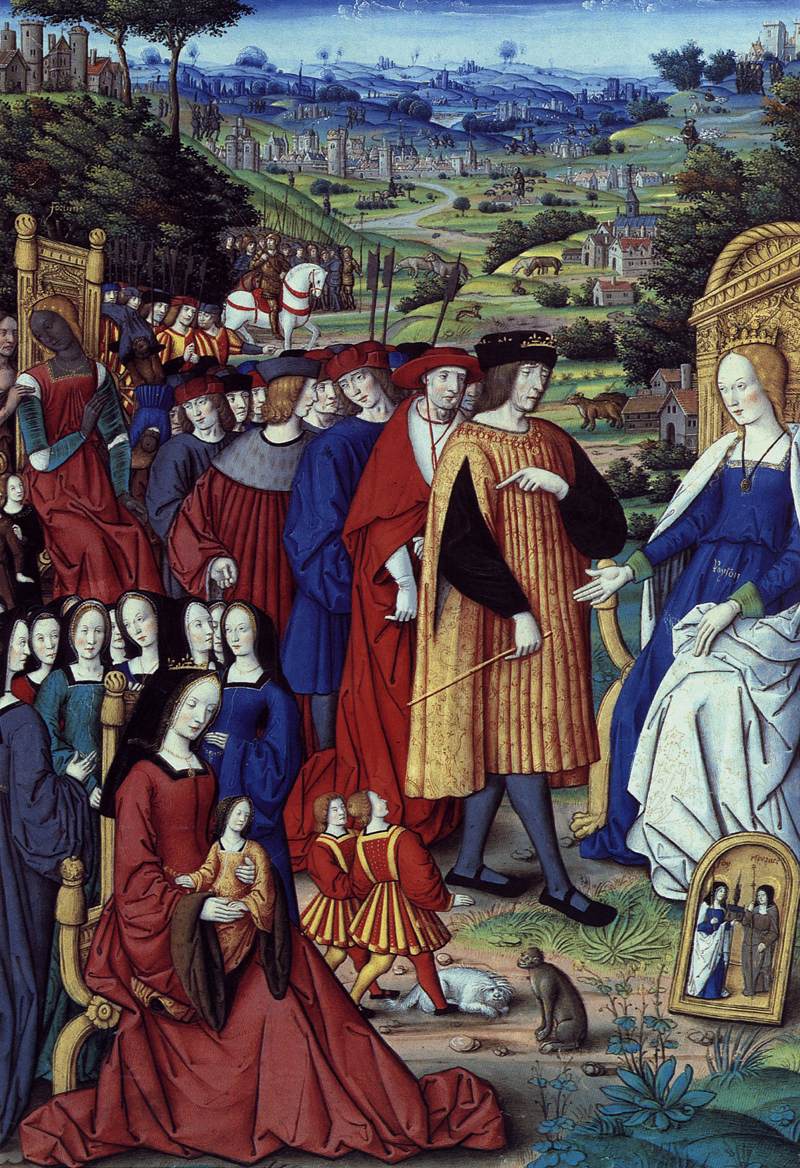
Jean Pichore was a French painter, illustrator, and miniaturist.
He was one of the most famous and prolific illuminators in the production of horologers in Paris at the beginning of the 16th century. Between 1490 and 1521, he was head of a rather large workshop which carried out many orders, while he himself produced only selected works. Jean Pichore worked in many fields, including altarpiece painting, stained glass windows, tapestry designs and illuminated manuscripts.
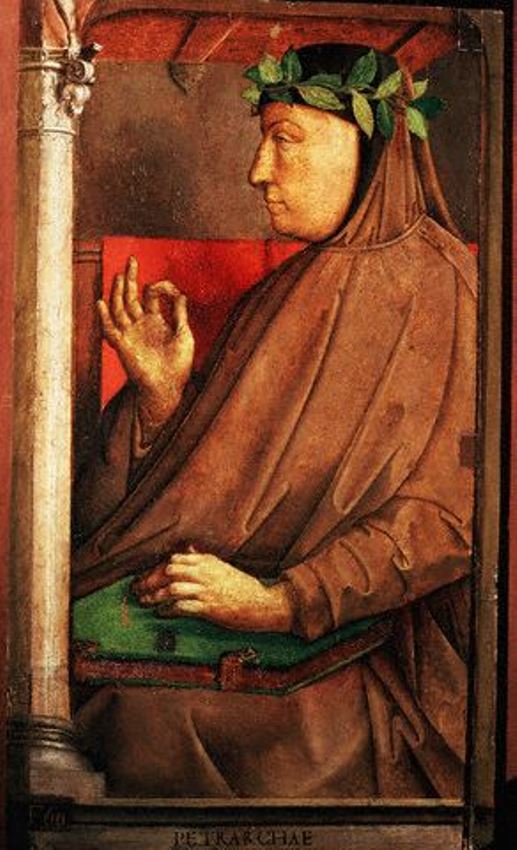
Francesco Petrarca was an Italian poet, the founder of European humanism, and one of the greatest figures of the Italian Proto-Renaissance.
Petrarca studied at the University of Montpellier, then at the University of Bologna, in 1330 entered the service of Cardinal Giovanni Colonna as a chaplain. Then he made various pilgrimages, in 1353 settled in Milan at the court of Archbishop Giovanni Visconti, and carried out important diplomatic missions. Petrarca spent the last years of his life in the village of Arquà near Padua.
Since 1337 Petrarca began to write literary works: these were historical poems in Latin and lyric poems in Italian. In 1327 Francesco saw Laura for the first time, undivided love for which was the main source of his poetry. Laura was for him an object of adoration and pure platonic love. Despite the fact that they saw each other only a few times and were not really acquainted, Petrarca carried this feeling through his life.
Passionate about ancient culture, Petrarch deciphered and commented on the manuscripts of Cicero, Quintilian and others. He opposed medieval scholasticism interest in the earthly purpose of man, argued that the nobility of man depends not on the nobility of origin, but on his virtue. Petrarca highly valued the mind and creative abilities of man, and these humanistic ideas found vivid expression in his lyrics, revealing the inner world of man. Petrarca's work laid the foundation for the formation of Italian humanism. He also dreamed of the unification of Italy, the revival of the former greatness of Rome.
Francesco Petrarca had one of the richest libraries of his time, where ancient Roman writers, poets, historians, philosophers were represented. He was one of the brightest representatives of the culture of the Renaissance. Petrarca's works are characterized by perfection of form and musicality of verse, which played a significant role in the development of European poetry. Among his works are the poem "Africa" about the Second Punic War in Latin, allegorical pastoral eclogues "Bucolics" (1346/1357), a book of songs "My Italy", "Noble Spirit", sonnets, etc.


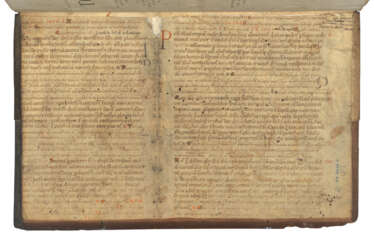

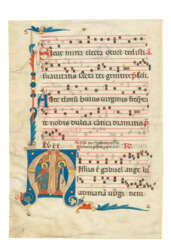



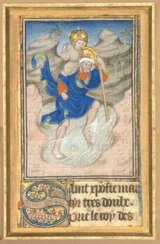

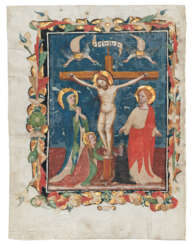







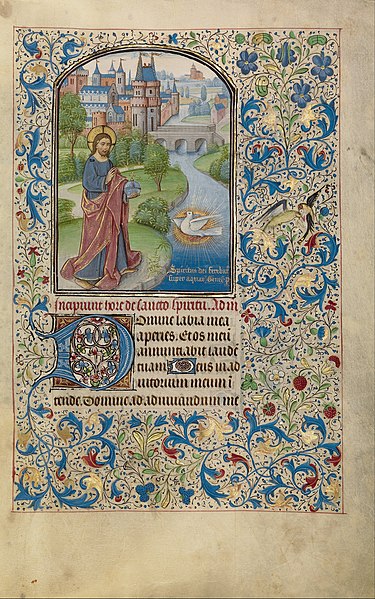
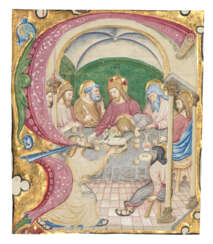

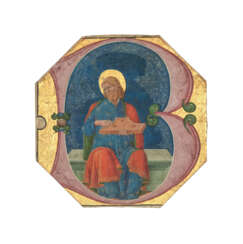

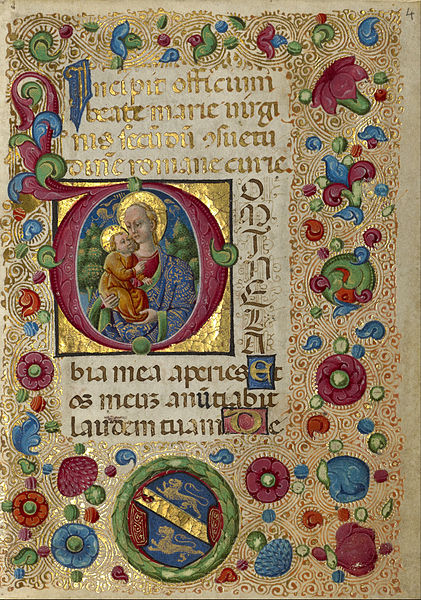
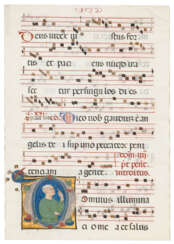

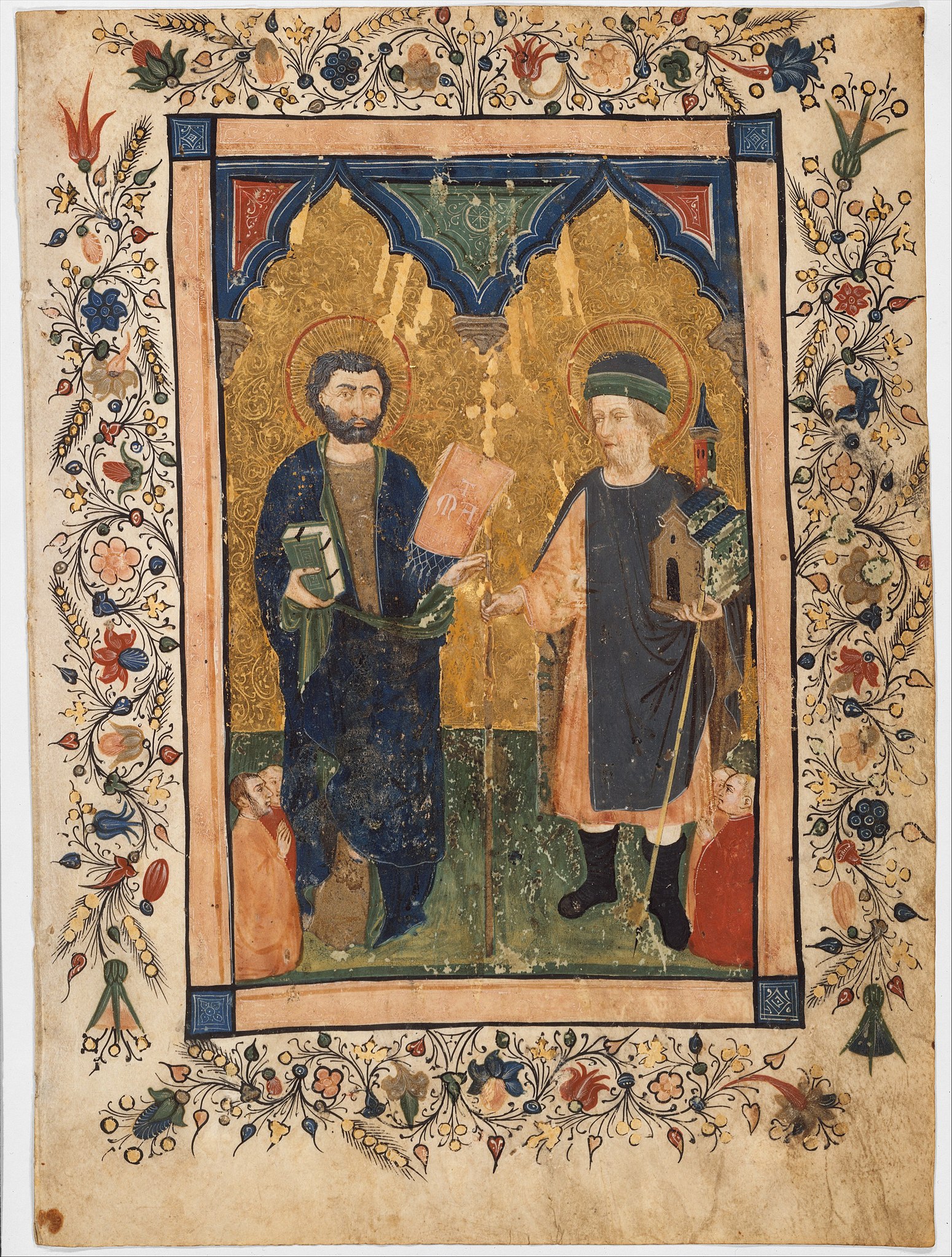
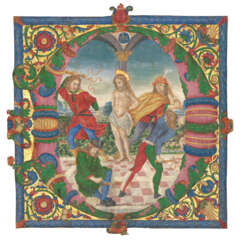

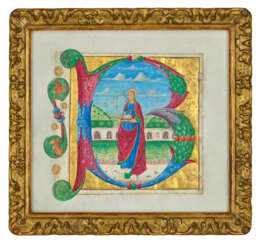

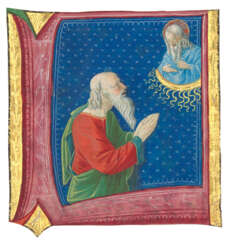

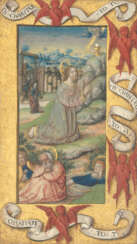



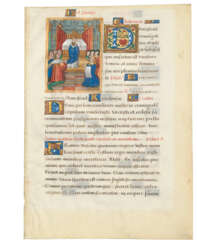

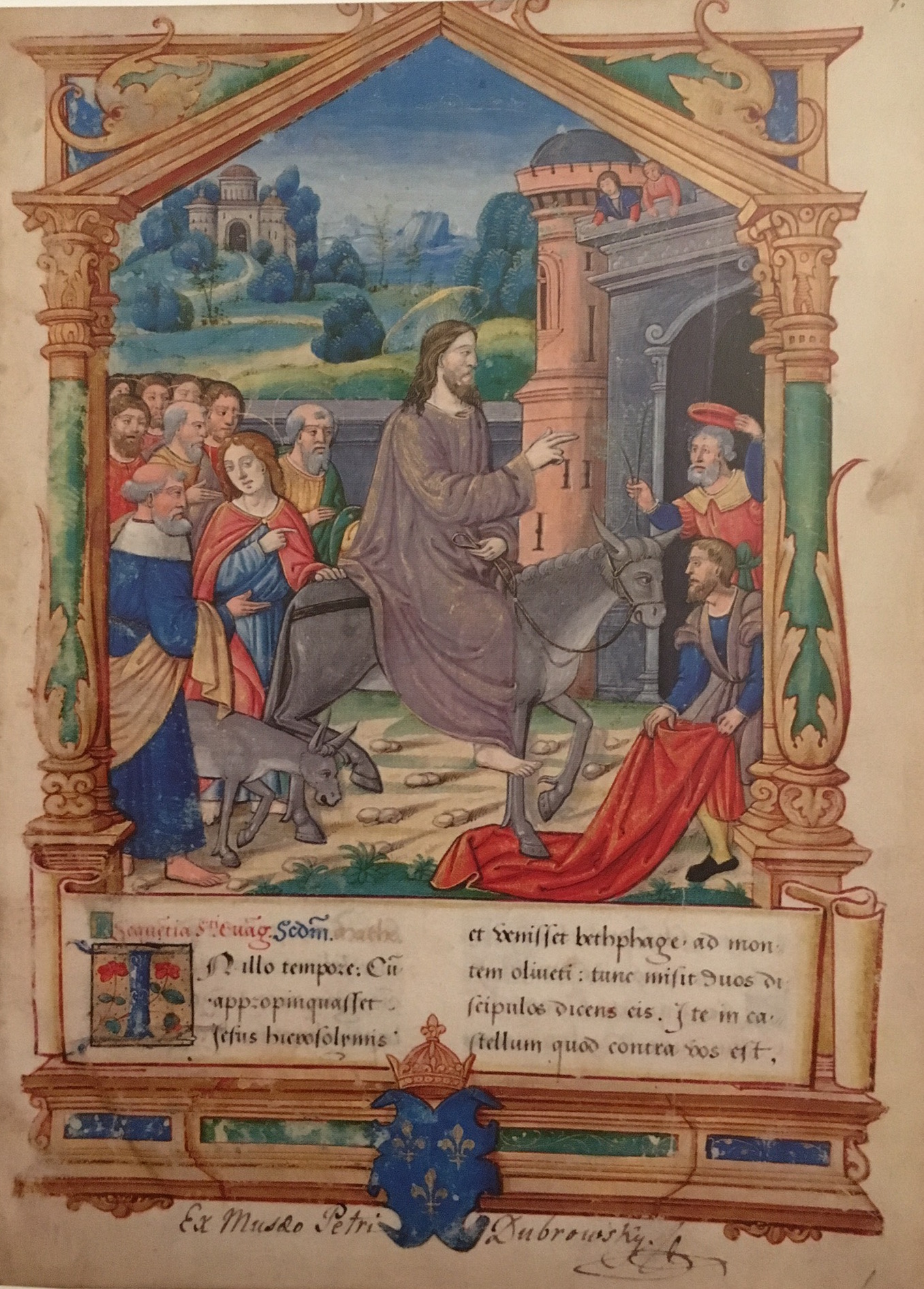
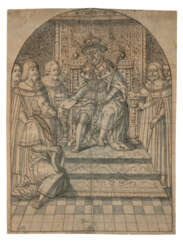

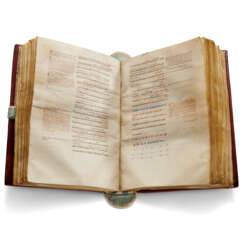

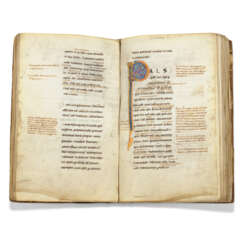

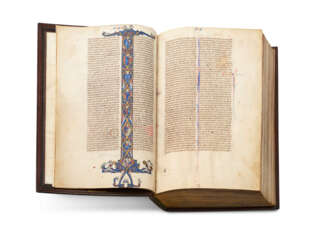

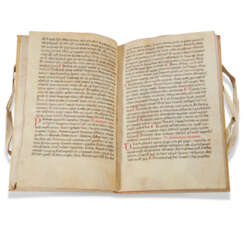

![[ST BERNARD OF CLAIRVAUX, ST AUGUSTINE, GERARD DE FRACHET ET AL.]](/assets/image/picture_2278696/90c90/b00d086a0c91584c0ff62d6a3b3646761657663200jpg__fix_374_244.jpeg)
![[ST BERNARD OF CLAIRVAUX, ST AUGUSTINE, GERARD DE FRACHET ET AL.]](https://veryimportantlot.com/assets/image/picture_2278696/90c90/b00d086a0c91584c0ff62d6a3b3646761657663200jpg__fix_374_244.jpeg)
![[PS. PLINY or SEXTUS AURELIUS VICTOR (c.320-390), here attributed to SUETONIUS (c.69-c.122)]](/assets/image/picture_2279392/a798a/95cf59293202b19a9dc4a52962fc9d1c1657663200jpg__fix_374_244.jpeg)
![[PS. PLINY or SEXTUS AURELIUS VICTOR (c.320-390), here attributed to SUETONIUS (c.69-c.122)]](https://veryimportantlot.com/assets/image/picture_2279392/a798a/95cf59293202b19a9dc4a52962fc9d1c1657663200jpg__fix_374_244.jpeg)
